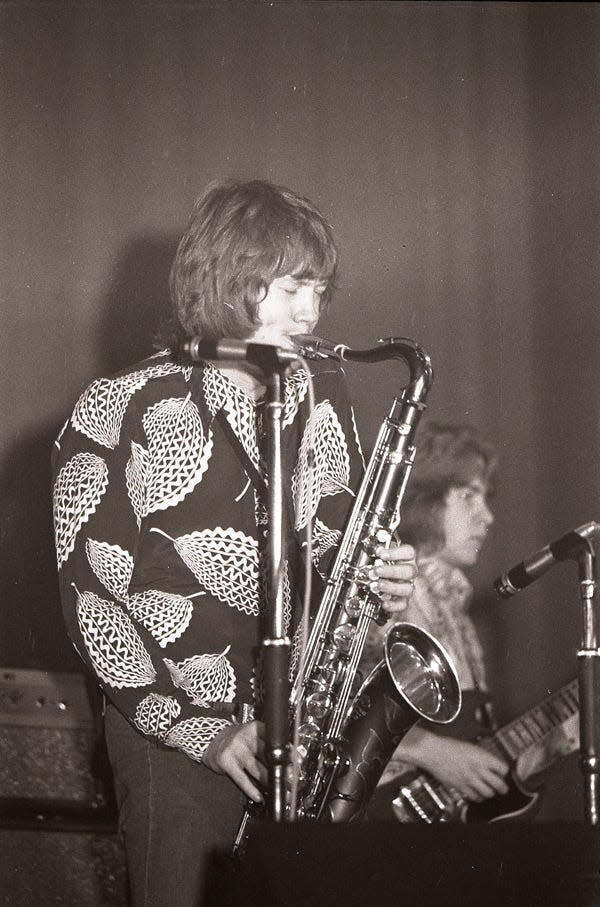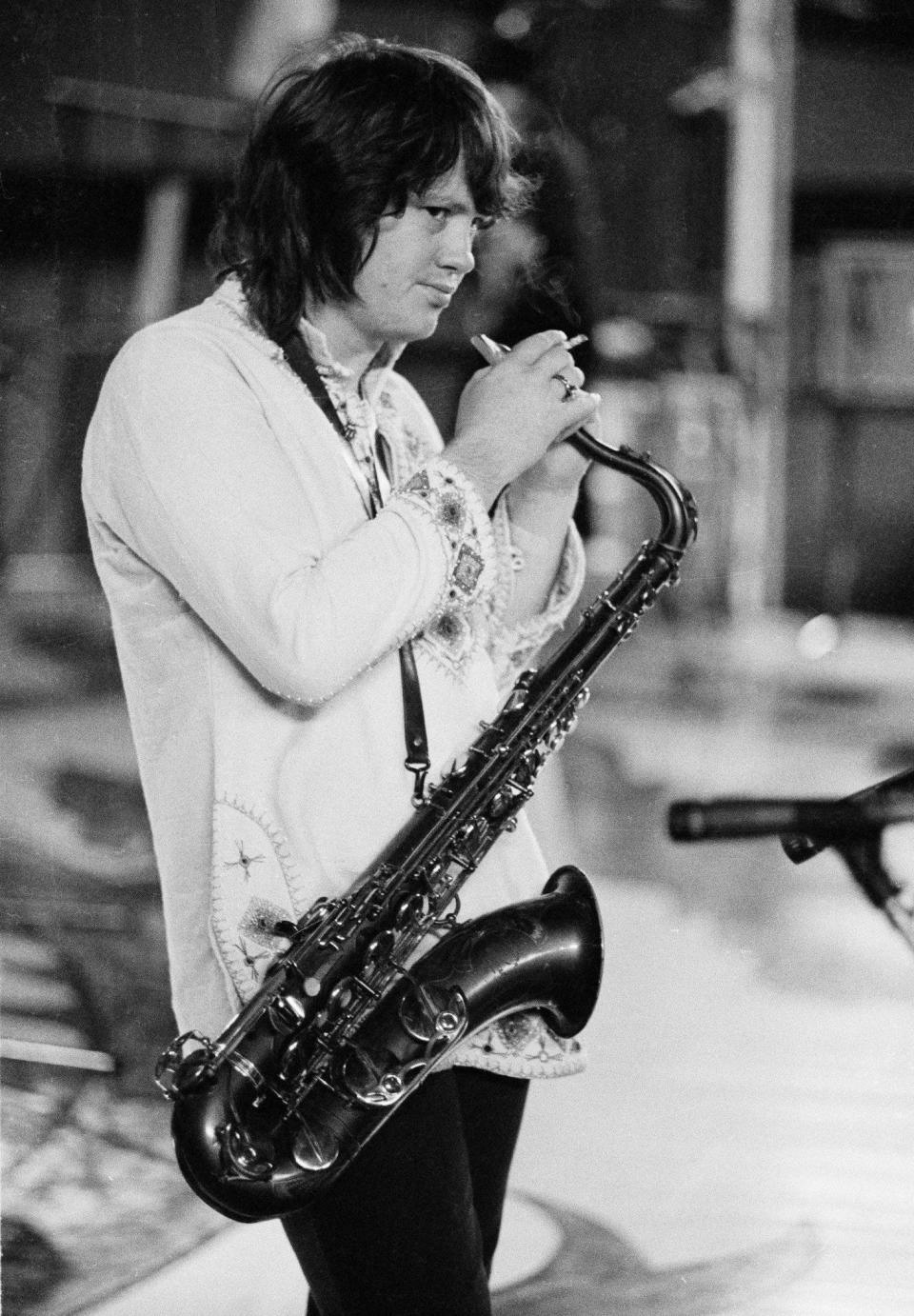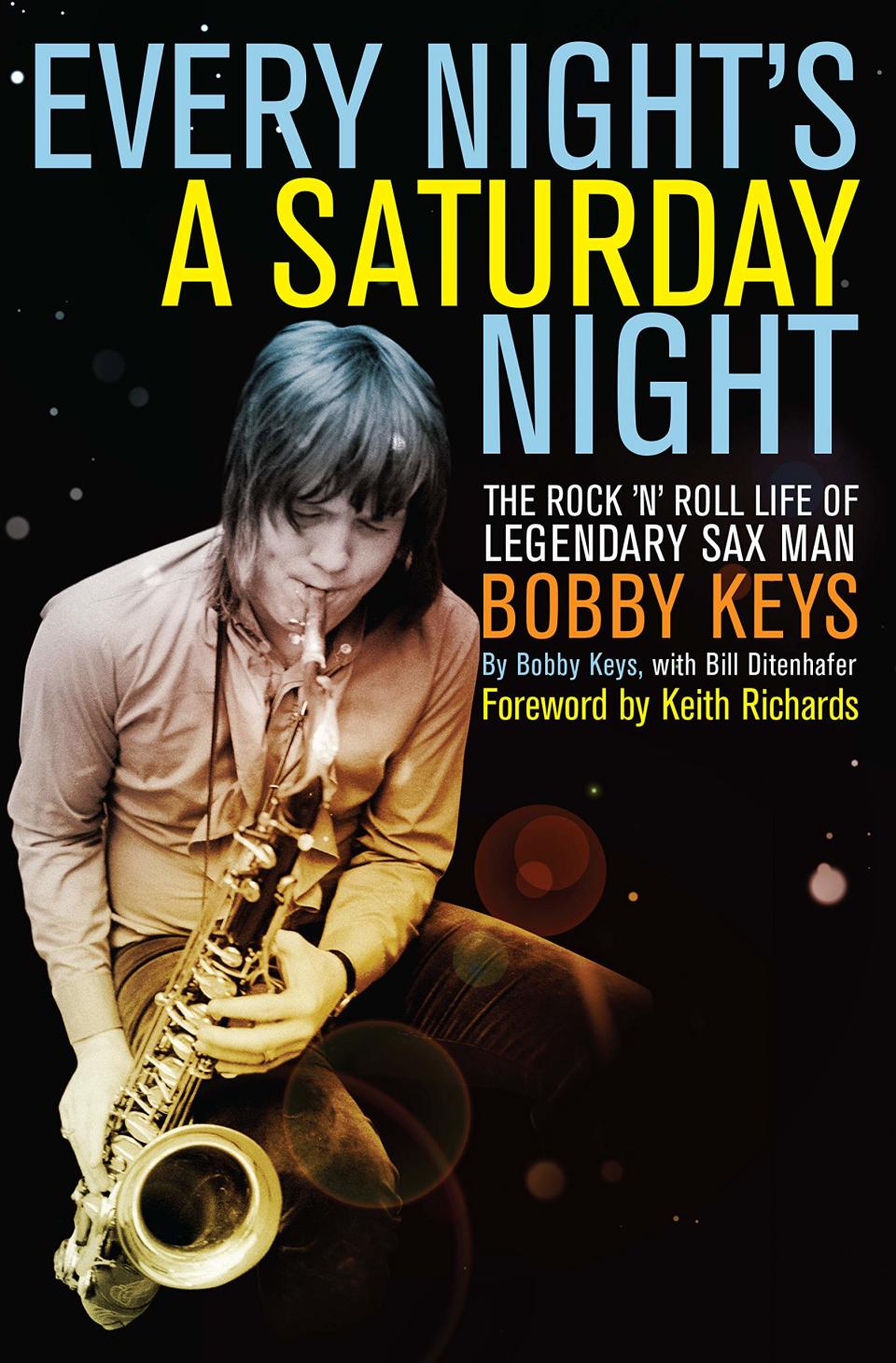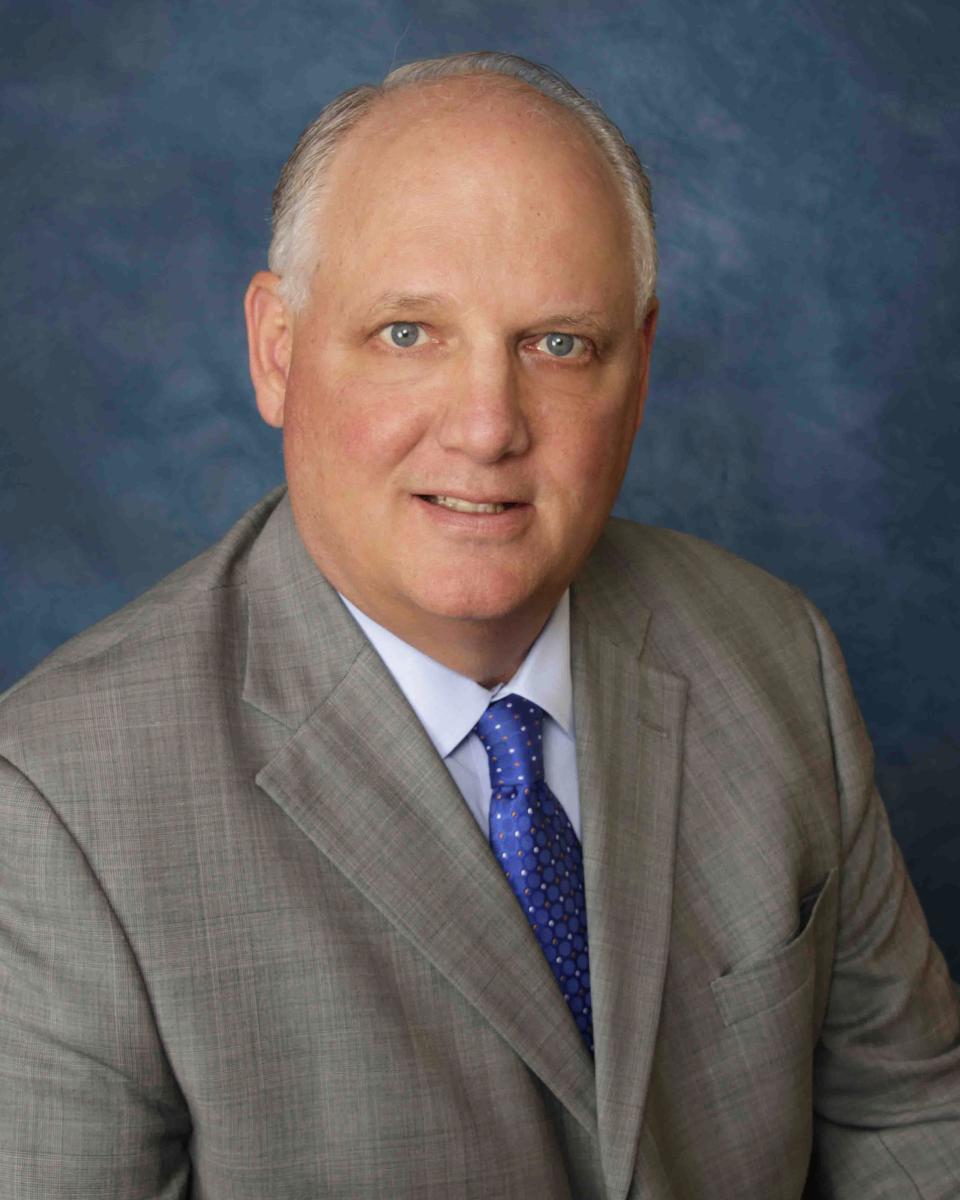Caprock Chronicles: Slaton’s Bobby Keys: Sax rock ‘n’ roll’s legendary wild man, part 1
- Oops!Something went wrong.Please try again later.
- Oops!Something went wrong.Please try again later.
- Oops!Something went wrong.Please try again later.
- Oops!Something went wrong.Please try again later.
- Oops!Something went wrong.Please try again later.
- Oops!Something went wrong.Please try again later.
Editor’s Note: Caprock Chronicles are edited by Jack Becker, Librarian Emeritus, Texas Tech Librarian, who can be reached at jack.becker@ttu.edu. This week’s article about Slaton’s Bobby Keys is the first of a two-part series by frequent contributor Chuck Lanehart, Lubbock attorney and award-winning Western history writer.
Bobby Keys bathed with a French model in a tub of Dom Perignon champagne. As film cameras rolled, he and Keith Richards of the Rolling Stones gleefully threw a television set from a hotel balcony. He set a bathroom ablaze in the Chicago Playboy Mansion. He wrecked an Alabama hotel room with fireworks. And he blew the socks off the saxophone. Bobby — the personification of sex, drugs and sax rock ‘n’ roll — rose from humble beginnings on the South Plains of Texas.

Born at Lubbock Army Airfield in 1943, Robert Henry Keys was raised by his grandparents in the small Lubbock County town of Slaton. As a youngster, he snuck into East Lubbock beer joints to hear blues greats Howlin’ Wolf and Muddy Waters play. At age ten, he witnessed a Buddy Holly performance. “It was like a mountain had fallen on me,” he said. “I didn’t choose rock ‘n’ roll, it chose me.”
Bobby was not yet a teenager when he attended an Elvis Presley concert at Lubbock’s South Plains Fair Park in 1956. “That had a hell of an impact on me,” he remembered. “I didn’t know what I was gonna do or how I was gonna do it, but I knew that I had to be a part of this somehow.”
When he joined the Slaton High band, “the only instrument they had left was an old baritone saxophone, which I had no idea how to even put my lips on.” Future Rock ‘n’ Roll Hall of Famer Sonny Curtis of Lubbock used his guitar to teach Bobby corresponding notes on sax. His first song was “San Antonio Rose,” and his first public performance was on Slaton’s town square.

Sonny, a few years older than Bobby, remembers “the kid hanging around a lot. He was pretty wild even then. He stole my Fender amplifier! I knew he did it and confronted him. He got it back from the fellow he sold it to, and I forgave him." Sonny enjoyed touring with Bobby later in their careers.
Bobby rubbed musical elbows with Crickets Jerry Allison and Joe B. Mauldin, who said, “I was just amazed that a 15-year-old kid could blow the saxophone like he invented it.” Lubbock was a dry town—Jerry remembers “the kid” knew where the bootleggers were and supplied the Crickets with bottles of gin.
“All the good things that happened to me go right back to Lubbock, as much as I detested being in that town,” Bobby said. “The opportunity to play with people like Joe B. spurred me on. I guess I have Lubbock, Texas to thank for that.”
At Slaton High, Bobby participated in band and athletics—track, basketball and tennis. But midway through his senior year, he dropped out to become a professional musician for a tour with Buddy Knox of Happy, Texas (“Party Doll”). The teenager needed permission from his grandfather, so Jerry Allison became his legal guardian. “Grandfather turned me over to a drummer!” he joked.

Playing with Bobby Vee (“Take Good Care of My Baby”) in San Antonio for a multi-act gig in the mid-1960s, he heard another band playing Buddy Holly’s familiar “Not Fade Away.” It was the Rolling Stones, who Bobby described as “pasty-faced, funny-talking, skinny-legged Englishmen.”
The Stones also noticed Bobby, who had ripped his stage suit pants and performed in cowboy boots and Bermuda shorts. The Englishmen were impressed. He met the band, who wanted to know everything about Bobby’s connection with Lubbock, Holly and Texas music.
Bobby bonded with the Stones, especially with guitarist Keith Richards: the two were born on the very same day. “I knew Keith was a special guy,” Bobby said. “I saw a lot of characteristics in Keith I’d noticed in Buddy Holly.” They would become the best of friends. Richards said, “We naturally hit it off. We both had a fondness for fast cars, good whiskey and pretty women.”
Critics described his style of tenor sax playing as “swampy, honking, grimy, howling, soulful,” but Bobby said, “I just stick it in my face and blow.”
Bobby found himself in high demand as a session musician and as a live performer, and he seemed to make friends with everyone he met in the music business. It’s safe to say no one from West Texas befriended as many rock icons as Bobby Keys. He was Mick Jagger’s best man at his wedding to Bianca. George Harrison hosted Bobby for many sleepovers at his English mansion, as did John Lennon. He bonded with Yoko Ono.

In 1969, Bobby became the Stones’ lead sax player, performing live and on recordings. His “Brown Sugar” solo is considered one of the best-ever rock sax recordings.
Meanwhile, he contributed to dozens of other artists’ work, including Harrison's album “All Things Must Pass” and Lennon’s only No. 1 solo hit, “Whatever Gets You Through the Night.”
(Part Two of this article will be published in next Sunday’s Lubbock Avalanche-Journal.)
This article originally appeared on Lubbock Avalanche-Journal: Slaton’s Bobby Keys was sax rock ‘n’ roll’s legendary wild man, part 1

